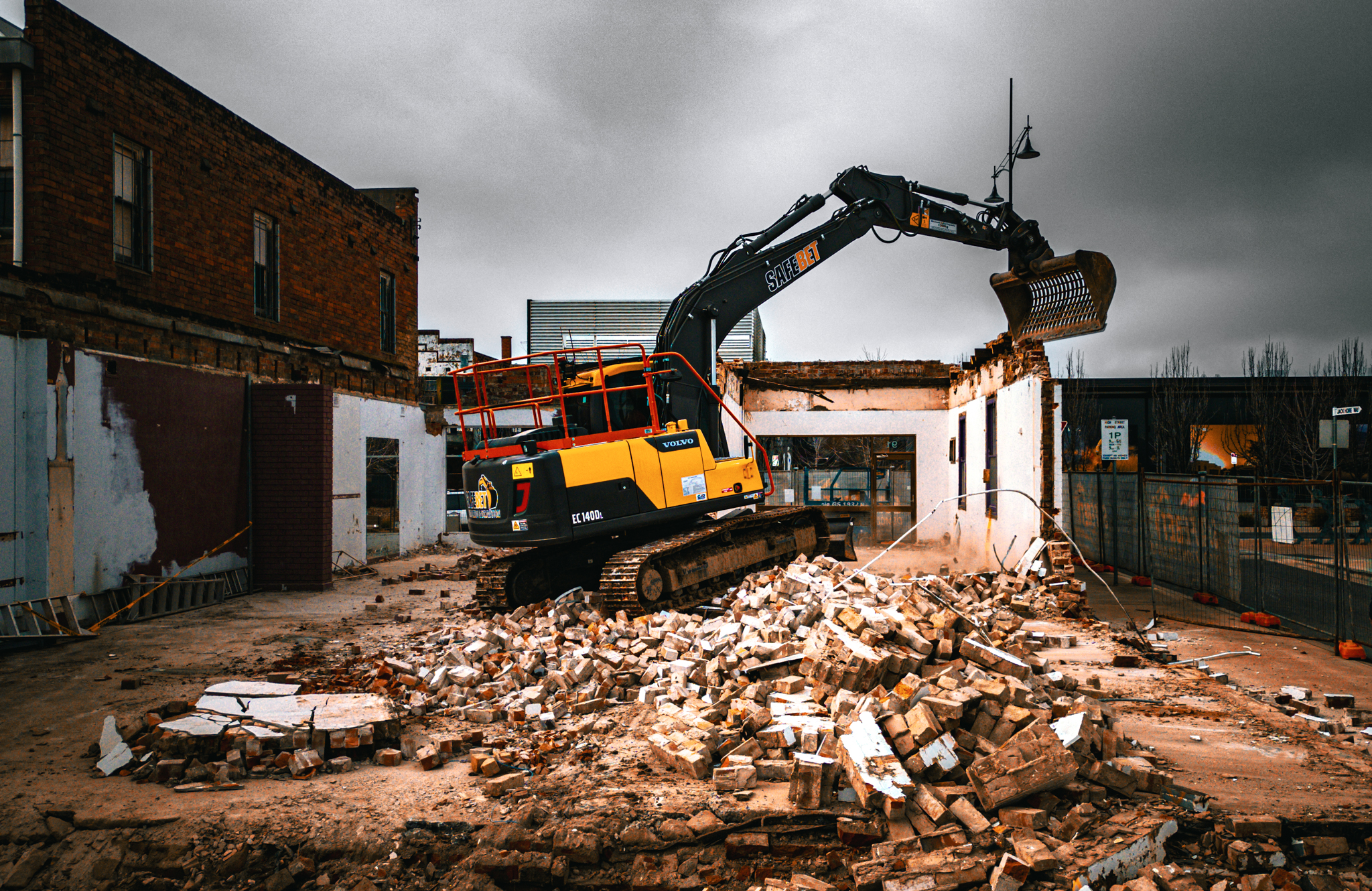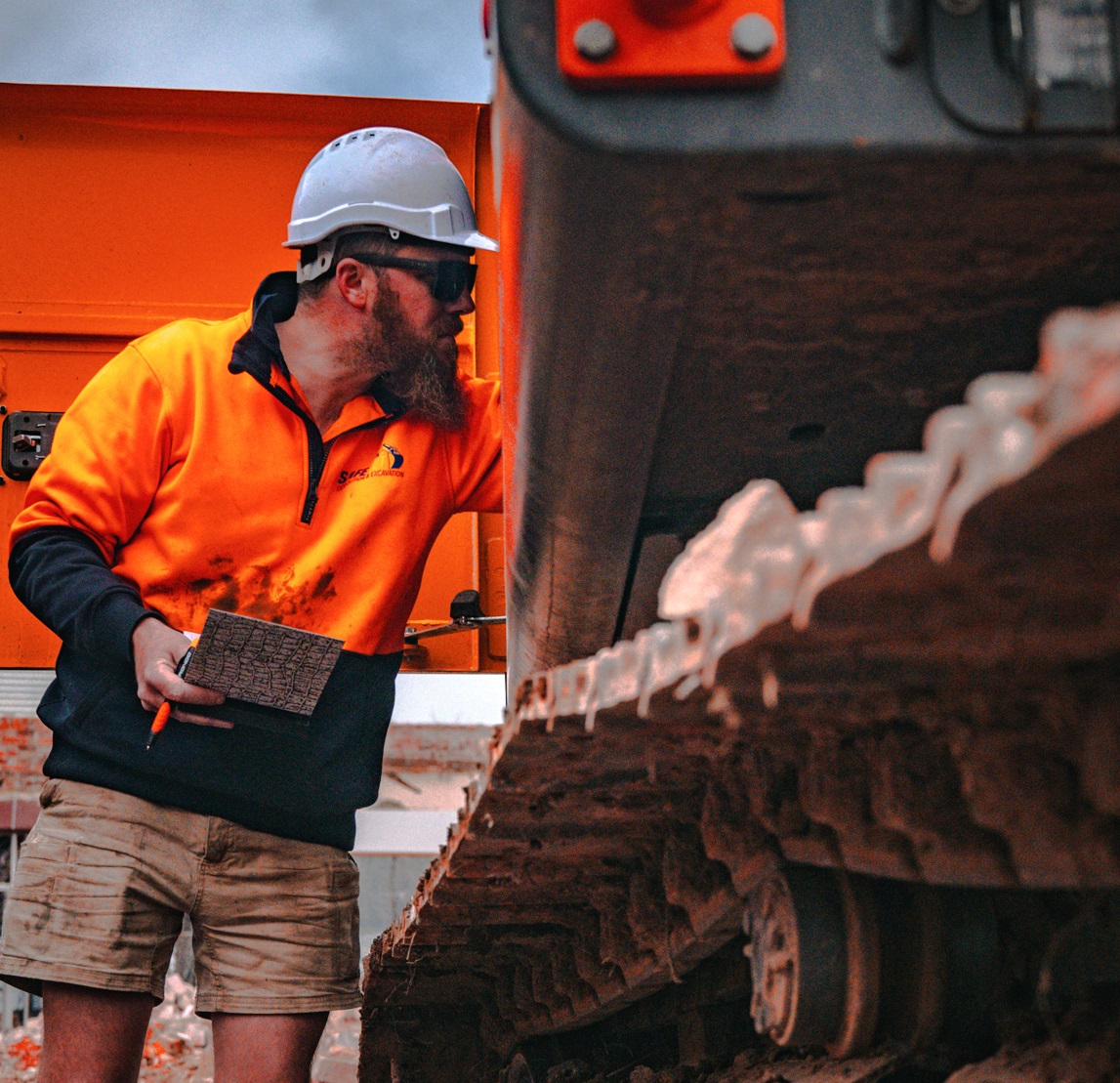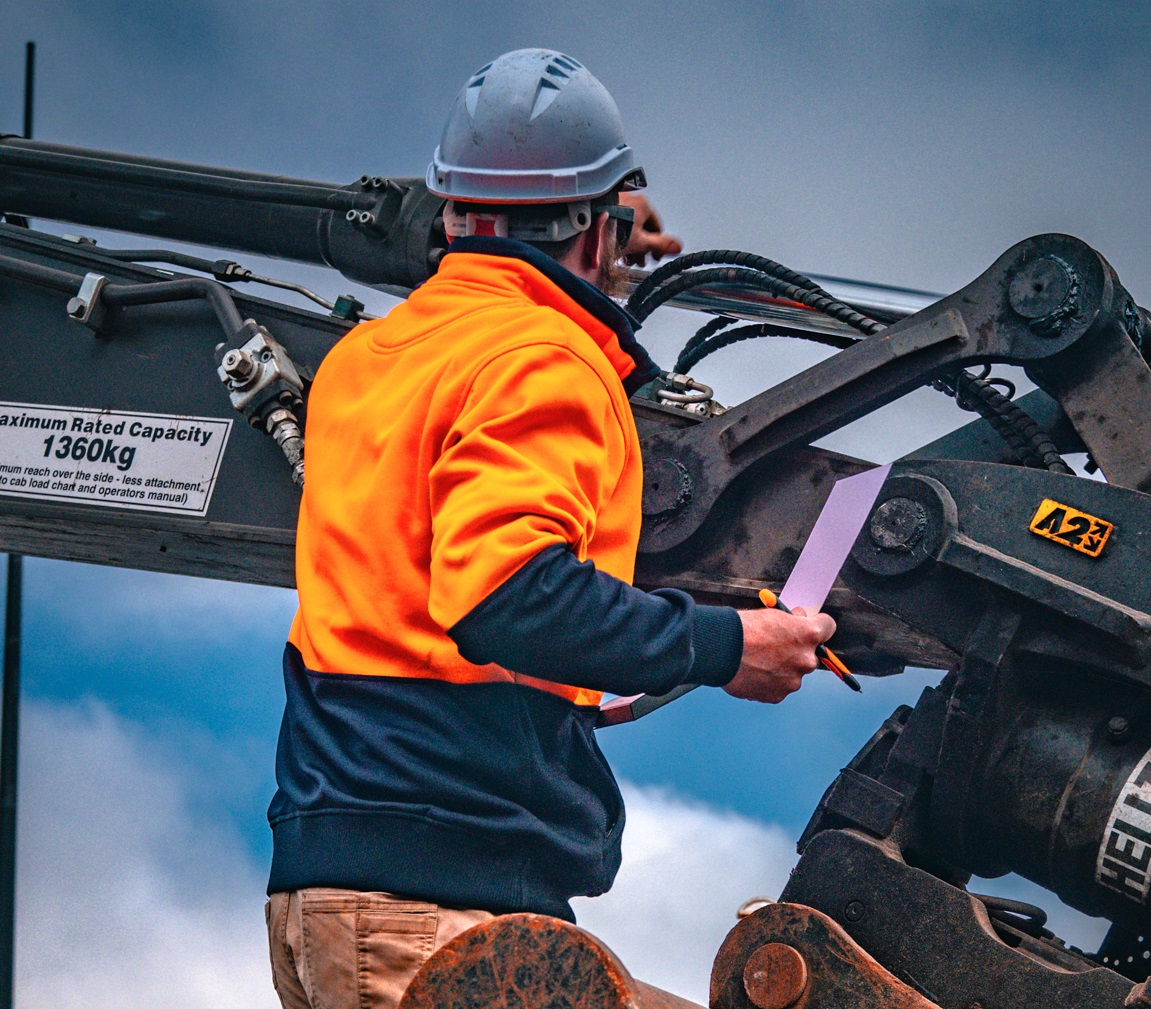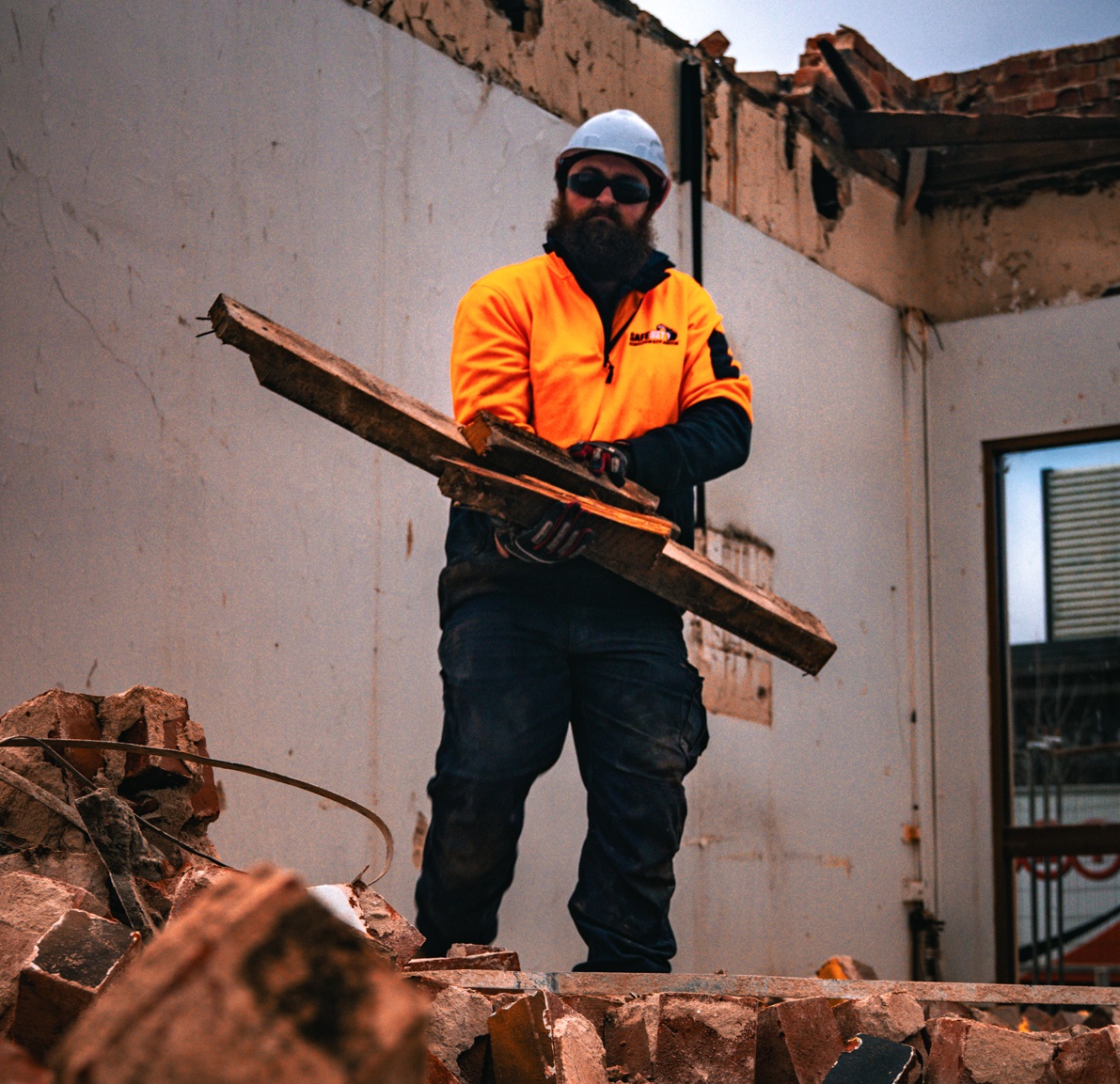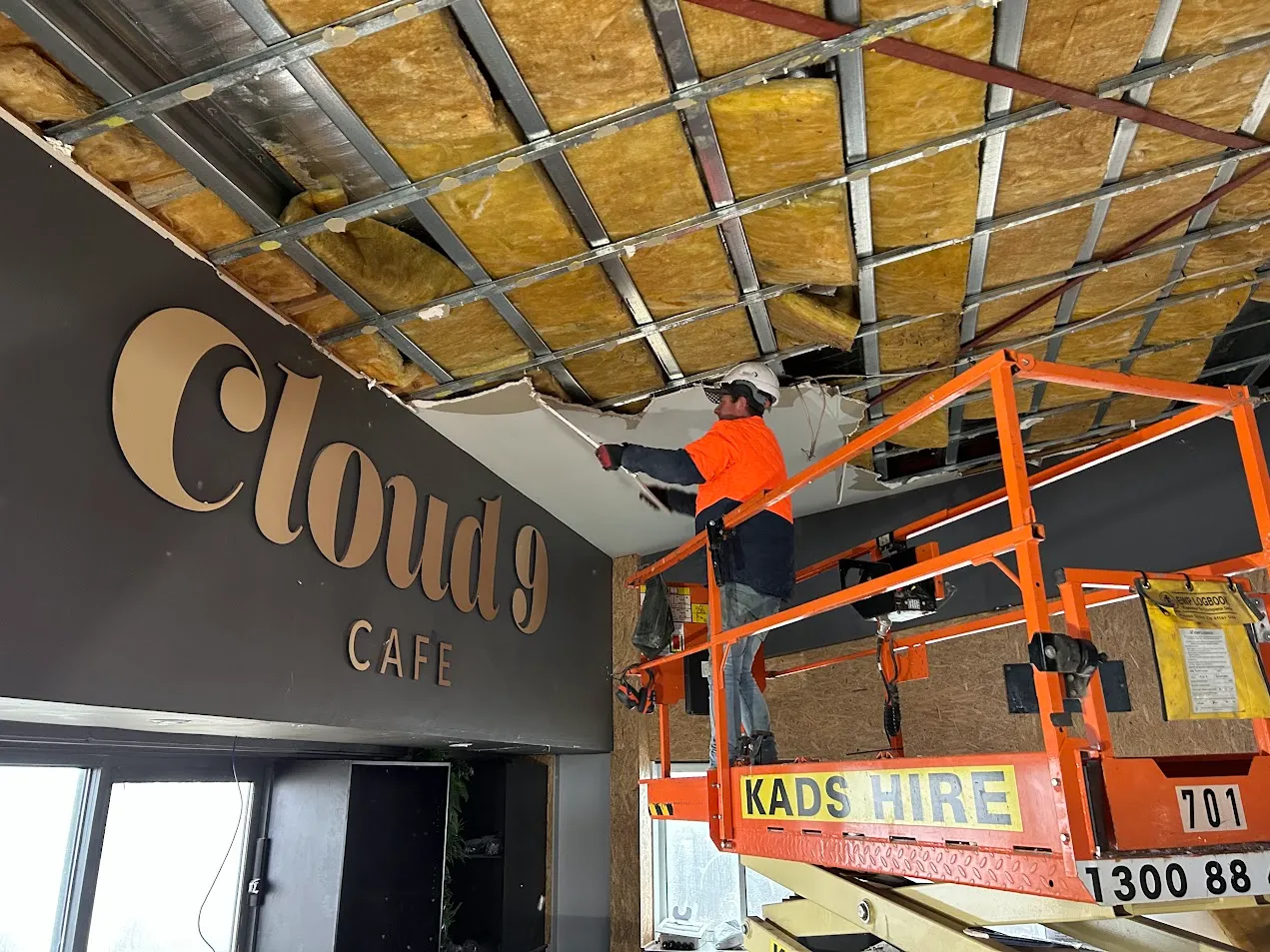At a glance
- Inform Neighbours Early: Provide detailed information about the project timeline, scope, and disruptions.
- Noise Control: Use barriers and schedule noisy activities during less disruptive times.
- Adhere to Local Regulations: Follow rules on working hours, noise levels, and waste disposal.
Demolishing a house can be difficult for both property owners and neighbours. It makes a lot of noise and dust and disrupts everyone’s daily life. It’s important to keep good relations with neighbours to avoid conflicts. Here’s a guide on how to do that.
Planning and Communication
Informing Your Neighbours Early
Before the demolition begins, it is essential to inform your neighbours about the upcoming project well in advance. Provide them with detailed information about the timeline, scope, and expected disruptions. This transparency helps set realistic expectations and demonstrates respect for their living conditions.
Choosing the Right Demolition Companies
Hiring professional and experienced demolition companies can make a significant difference. Reputable companies ensure minimal disruption by adhering to safety and environmental regulations. They can also assist in communicating with the community about the project’s progress and any unexpected changes.
Establishing a Communication Channel
Create an open communication channel where neighbours can express their concerns and ask questions. This could be a dedicated email address, a community meeting, or a point of contact who can address issues promptly.
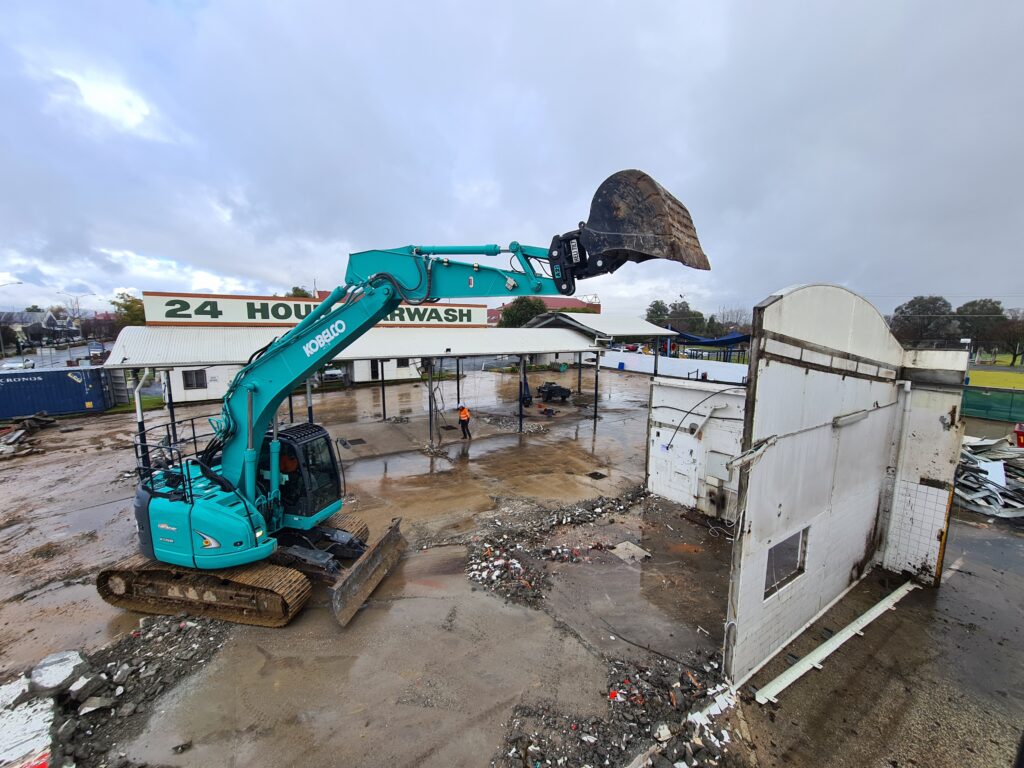
Mitigating Noise and Dust
Implementing Noise Control Measures
Noise is one of the biggest concerns during a demolition project. Use noise barriers or acoustic blankets to minimise the impact. Schedule noisy activities during times when they will least disturb your neighbours, such as late mornings and early afternoons.
Managing Dust and Debris
Dust can be a major nuisance. Regularly wetting down demolition areas can effectively control dust. Additionally, installing dust screens and ensuring debris is promptly cleared can significantly reduce the amount of dust that spreads to neighbouring properties.
Ensuring Safety and Cleanliness
Securing the Site
A well-secured site ensures the safety of the workers and neighbours. Fencing off the demolition area and putting up clear signage can prevent accidents and unauthorised access.
Maintaining Cleanliness
Ensure that the demolition site is kept clean and that waste is managed properly. Regularly clean up any debris and ensure proper waste disposal solutions are in place. Keeping the area tidy reduces the visual impact on the neighbourhood.
Respecting Working Hours and Local Regulations
Adhering to Local Regulations
Every locality has specific regulations regarding construction and demolition activities. Ensure that your demolition project complies with these regulations. This includes permitted working hours, noise levels, and waste disposal methods.
Respecting Working Hours
Plan your demolition activities within the allowed working hours to minimise disturbances. Avoid early morning or late-night work unless necessary and approved by the local authorities.
Addressing Concerns and Complaints
Problem-Solving
Notify your neighbours in advance if noise is expected, and provide them with earplugs or alternative solutions.
Handling Complaints Gracefully
Despite your best efforts, complaints may arise. Handle them gracefully by listening to the concerns, acknowledging the inconvenience, and taking steps to rectify the issue promptly. Demonstrating empathy and a willingness to accommodate their needs can go a long way in maintaining good relations.
Post-Demolition Considerations
Post-Demolition Clean-up
Once the demolition is complete, ensure a thorough clean-up of the site. Remove all debris and perform a final dusting and washing down of the area to restore cleanliness. Dispose of hazardous materials and waste properly according to local regulations to protect the environment.
Thanking Your Neighbours
Thank your neighbours for their patience and understanding throughout the project. A small act, like a thank-you note or a community event, can show gratitude and improve tense relationships.
Minimising Environmental Impact
Eco-Friendly Practices
Use eco-friendly practices during demolition, such as recycling materials and minimising waste. This not only benefits the environment but also demonstrates to your neighbours that you are conscientious about the community’s well-being.
Proper Waste Disposal
Ensure that waste disposal is handled correctly by following local regulations and using approved waste management services. Proper disposal reduces the risk of environmental contamination and keeps the neighbourhood clean.
Sharing the Benefits
Communicating Long-Term Benefits
If the demolition project is part of a larger plan that will benefit the community, such as constructing a new facility or developing a park, inform your neighbours about these proposals. Highlighting the positive outcomes can help them see the long-term benefits of the temporary inconvenience they endured.
Involving the Community
Engage with the community by involving them in the post-demolition plans. Keeping your neighbours informed and involved can create a sense of community and shared purpose. This can be done through surveys, meetings, or updates.
To foster positive relations with neighbours during a residential demolition project, proper planning, effective communication, and respectful disruption management are essential. By taking these steps, you can ensure that your project progresses smoothly while preserving the harmony of your community.
When choosing a demolition company, prioritise those with a proven track record of community engagement and minimal disruption. For more info on how professional demolition companies can help with neighbour relations, visit our service pages and blog posts.
Follow these guidelines to make the demolition process less stressful for everyone and maintain a positive relationship with your neighbours. This approach benefits both the current project and future construction in the community.
